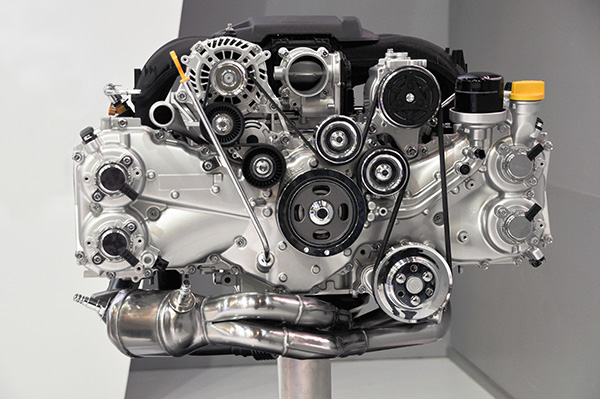
Has your car been guzzling oil faster than usual? Excessive oil consumption is more than just a mild inconvenience—it’s often a sign that something deeper is going on under the hood. While all engines burn a small amount of oil over time, consistently adding oil to your vehicle before its next scheduled change points to a potential issue that needs attention. Let’s find the reasons behind excessive oil consumption and what your engine might be trying to tell you.
Why Do Engines Consume Oil
Engines naturally use a small amount of oil during normal operation. This is usually caused by slight evaporation under high temperatures or minimal seepage past engine seals. However, when the oil disappears at an alarming rate, it’s a red flag. Reasons can range from aging components to internal malfunctions. Identifying the cause early can save you from costly repairs and extend your engine’s life.
Worn-Out Piston Rings or Valve Seals
Piston rings and valve seals play a critical role in maintaining proper oil control within the engine. Over time, these components wear out, allowing oil to seep into the combustion chamber. Once there, the oil burns along with the fuel, resulting in noticeable oil loss.
If your car is emitting blue smoke from the exhaust, this is often a telltale sign that oil is being burned in the engine. Ignoring this issue can lead to further engine damage, so it’s essential to address it quickly.
Leaking Gaskets and Seals
Oil leaks are one of the most common culprits behind excessive oil consumption. Gaskets and seals, such as the oil pan gasket or valve cover gasket, are designed to keep oil contained within the engine. Over time, these components can degrade, crack, or become misaligned, leading to visible leaks under your car or along engine surfaces.
If you spot dark oil stains on your driveway or garage floor, it’s a good idea to inspect the gaskets and seals. A professional inspection can determine whether the issue requires a minor fix or a more extensive repair.
Clogged or Malfunctioning PCV Valve
The Positive Crankcase Ventilation (PCV) valve regulates the pressure inside the engine by redirecting gases back into the intake manifold. When the PCV valve becomes clogged or malfunctions, pressure can build up, forcing oil past seals and into areas it shouldn’t be.
A faulty PCV valve can often be replaced easily and affordably, so addressing this issue early is a smart way to prevent further complications.
High Engine Mileage
Older engines or vehicles with high mileage are more prone to excessive oil consumption. Over time, wear and tear on internal components can create small gaps or leaks, allowing oil to escape or burn more rapidly. While regular maintenance helps prolong the life of your engine, eventually, age takes its toll.
If your car has high mileage, consider switching to high-mileage motor oil. These oils contain additives that help reduce leaks and protect aging components.
Poor Maintenance Habits
Skipping oil changes or neglecting routine maintenance can exacerbate oil consumption issues. Old, dirty oil loses its ability to lubricate effectively, increasing wear on engine parts and leading to more oil being burned or leaked. Regular oil changes using the right grade and type of oil for your vehicle are critical to avoiding this problem.
The Risks of Ignoring Excessive Oil Consumption
Failing to address excessive oil consumption can lead to a host of serious problems, including:
- Engine Overheating: Low oil levels reduce lubrication and heat dissipation, causing the engine to overheat.
- Premature Engine Wear: Insufficient oil can lead to increased friction and accelerated wear on internal components.
- Complete Engine Failure: Running out of oil altogether can cause catastrophic engine damage, requiring expensive repairs or a full replacement.
Monitoring your oil levels regularly and topping off when necessary are quick and easy steps to protect your engine from these risks.
What Should You Do If You Notice Excessive Oil Consumption
If you suspect your vehicle is using too much oil, don’t ignore the signs. Here are a few steps to take:
- Check Your Oil Levels Regularly: Use your dipstick to monitor oil levels and note how quickly they drop.
- Inspect for Visible Leaks: Look for puddles or stains under your car and around the engine.
- Schedule a Professional Inspection: Our certified technicians can diagnose the cause of the oil loss and recommend the appropriate repairs.
- Stick to a Maintenance Schedule: Keep up with regular oil changes and other maintenance to prevent further issues.
In Yakima, WA, driving conditions can vary widely, from city streets to mountain roads. Keeping your engine in peak condition ensures you’re ready for any adventure, and staying vigilant about oil consumption is a vital part of that.
Concerned about your car’s oil consumption? The team at Westside Car Care in Yakima, WA, is here to help. We’ll inspect your vehicle and get to the root of the problem. Call us today to schedule your appointment.